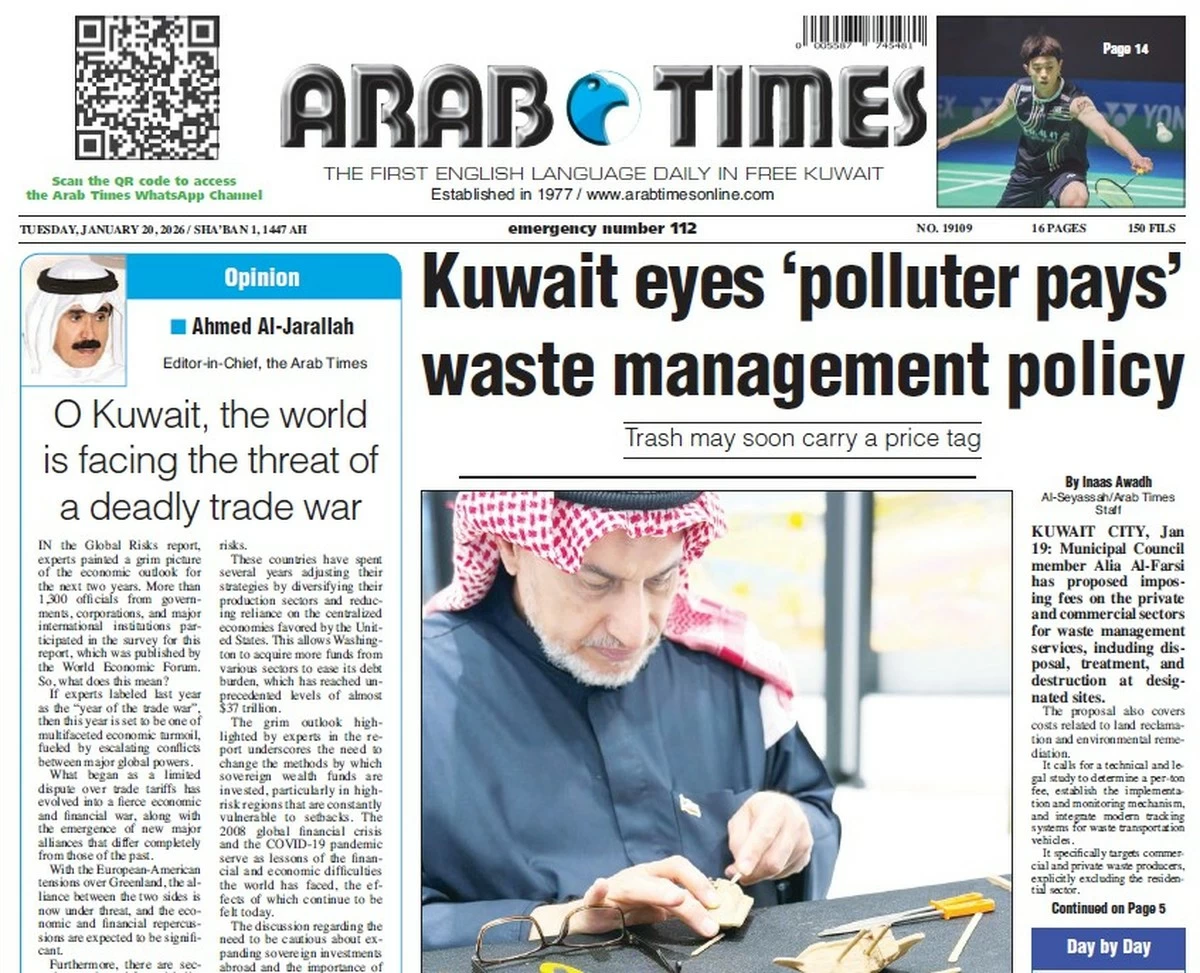12/08/2025
12/08/2025

WASHINGTON, Aug 12, (AP): Inflation likely ticked up in July for the third straight month as tariffs lift the cost of imported goods such as furniture, appliances, and toys, which could make it harder for the Federal Reserve to cut short-term interest rates as President Donald Trump has demanded. Consumer prices are forecast to have risen 2.8% in July from a year earlier, according to a survey of economists by data provider FactSet.
That annual pace would be up from 2.7% in June and a post-pandemic low of 2.3% in April. Excluding volatile food and energy costs, core inflation is expected to rise to 3%, from 2.9% in June. Both figures are well above the Fed's 2% price target. The potential increases, while modest, would put the Fed in a difficult spot: Hiring slowed sharply in the spring, after Trump announced a sweeping set of tariffs in April.
The stalling out of job gains has boosted financial market expectations for an interest rate cut by the central bank. Yet Fed chair Jerome Powell has warned that worsening inflation could keep the Fed on the sidelines - a stance that has enraged Trump, who has defied traditional norms of central bank independence and demanded lower borrowing costs.
Tuesday's data will also arrive at a highly-charged moment for the Labor Department's Bureau of Labor Statistics, which collects and publishes the inflation data. Trump fired Erika McEntarfer, then the head of BLS, after the Aug. 1 jobs report also showed sharply lower hiring for May and June than had previously been reported.
The president posted on social media Monday that he has picked E.J. Antoni, an economist at the conservative Heritage Foundation and a frequent critic of the jobs report, to replace McEntarfer. "E.J. will ensure that the Numbers released are HONEST and ACCURATE,” Trump said on Truth Social. Adding to the BLS's turmoil is a government-wide hiring freeze that has forced it to cut back on the amount of data it collects for each inflation report, the agency has said.
UBS economist Alan Detmeister estimates that BLS is now collecting about 18% fewer price quotes for the inflation report than it did a few months ago. He thinks the report will produce more volatile results, though averaged out over time, still reliable. On a monthly basis, prices are expected to rise modestly, increasing just 0.2% from June to July and core prices rising 0.3%. Gas prices likely fell in July and grocery costs are expected to barely increase, muting overall inflation.


